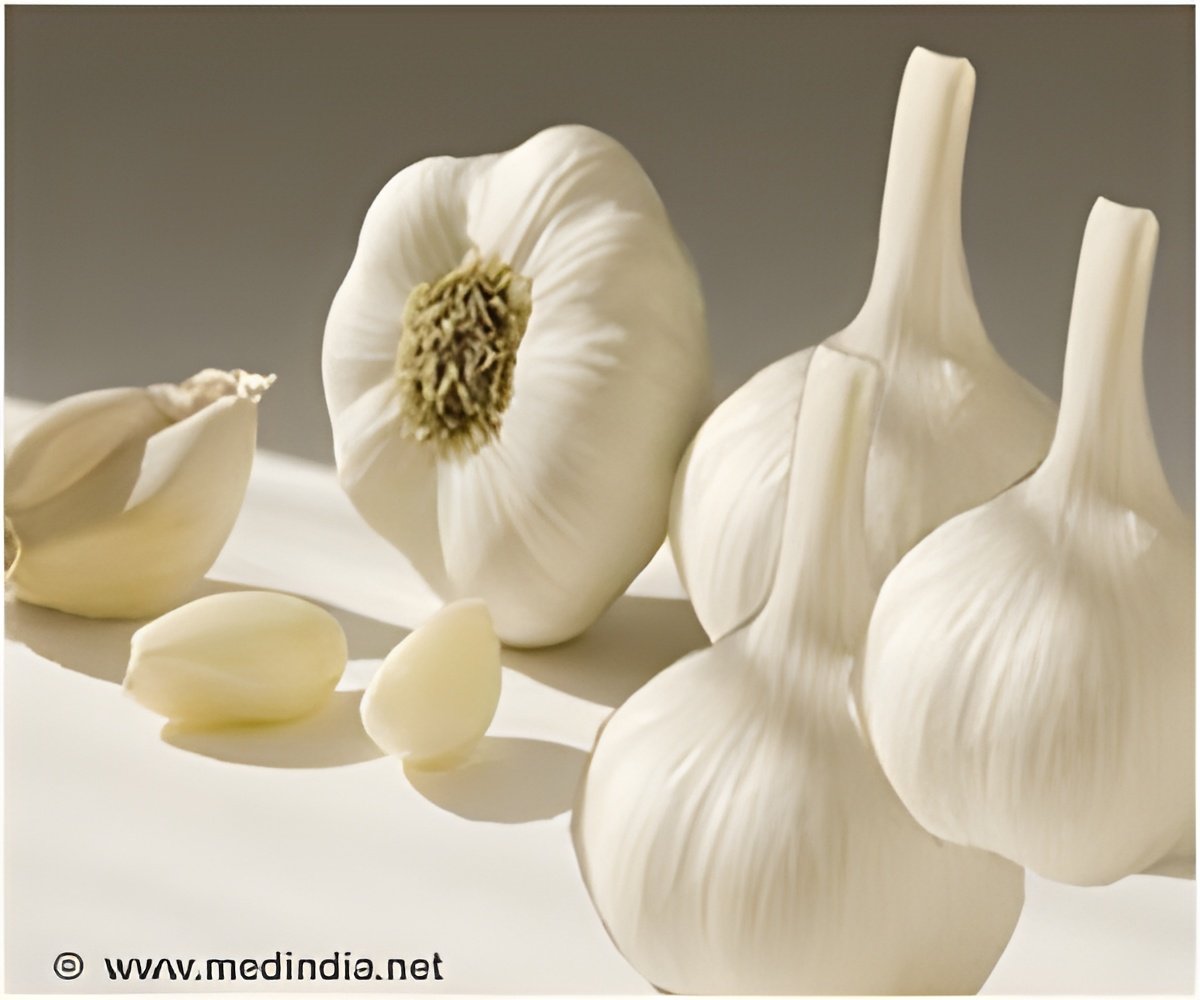Diet containing prebiotics helps improve sleep quality and reduce impact of stress by regulating the population of healthy gut bacteria.

- Chronic stress disrupts sleep, natural fluctuations in body temperature and reduces the diversity of healthy gut bacteria.
- Prebiotics are dietary fibers that are found naturally in foods which serve as source of food for healthy gut bacteria.
- Diets rich in prebiotics helps in maintaining a healthy and diverse gut microbiota and normal temperature fluctuations even after stress exposure.
"We found that dietary prebiotics can improve non-REM sleep, as well as REM sleep after a stressful event," said Robert Thompson, a post-doctoral researcher in the Department of Integrative Physiology and first author of the new study.
Prebiotics are dietary fibers found naturally in foods like chicory, artichokes, raw garlic, leeks and onions and serve as for good bacteria inside the gut.
Ingestion of the prebiotic fiber by the beneficial gut bacteria helps them to:
- improve overall gut health
- release metabolic byproducts
Study
The researchers then monitored the body temperature, gut bacteria and sleep-wake cycles, using EEG, or brain activity testing, of the rats.
"Given that sufficient NREM sleep and proper nutrition can impact brain development and function and that sleep problems are common in early life, it is possible that a diet rich in prebiotics started in early life could help improve sleep, support the gut microbiota and promote optimal brain/psychological health," the authors wrote.
The rats on prebiotic diet also had improved rapid-eye-movement (REM) sleep after being exposed to a stressor.
REM sleep is believed to be critical for promoting recovery from stress, with research showing that those who get more REM sleep post-trauma are less likely to suffer from post-traumatic stress disorder. But rats on the prebiotic diet were protected from these impacts, by maintenance of a healthy and diverse gut microbiota and normal temperature fluctuations even after stress exposure.
Fleshner said it's far too early to recommend prebiotic supplements as a sleep aid.
More research is needed to examine the role of prebiotics in promoting sleep, or buffering stress in people.
Though it is early to recommend prebiotic supplements as a sleep aid, researchers suggest loading up on healthy prebiotic fiber from food.
The study is published in the journal Frontiers in Behavioral Neuroscience.
Reference
- Monika Fleshner et al. Dietary Prebiotics and Bioactive Milk Fractions Improve NREM Sleep, Enhance REM Sleep Rebound and Attenuate the Stress-Induced Decrease in Diurnal Temperature and Gut Microbial Alpha Diversity. Frontiers in Behavioral Neuroscience; (2017) doi.org/10.3389/fnbeh.2016.00240
Source-Medindia















